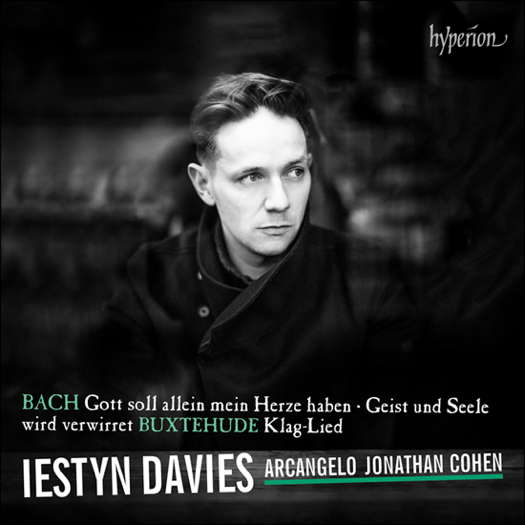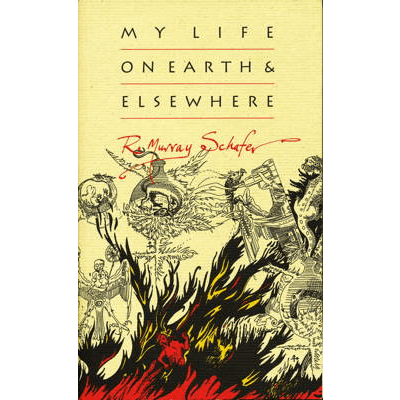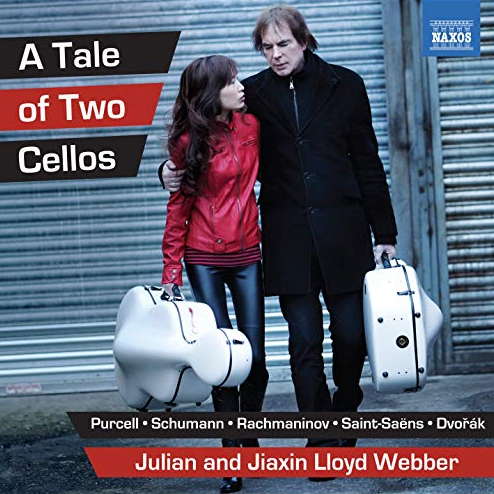- Richard Strauss: Elektra
- Brigitte Reiffenstuel
- Karl Weigl
- Paul Reale
- Ton Hartsuiker
- Raphael Wallfisch
- Malcolm Forsyth
- Amy Beth Kirsten

Touching Moments that Stir the Soul
GERALD FENECH listens to J S Bach, Buxtehude and Schütz, performed by Iestyn Davies and colleagues
'The richness of the music is matched by the glorious singing and playing of Jonathan Cohen's team ...'
From his early brushes with authority in Arnstadt to his conflicts with the Leipzig City Council, Johann Sebastian Bach (1685-1750) was never one to compromise. As a young organist in Muhlhausen, frustruated by theological disputes and a chronic shortage of funds, he informed the town authorities that his artistic goal was to conduct 'well-regulated church music to the honour of God'. Only with his appointment as 'Thomaskantor' in Leipzig in 1723 was Bach finally able to realise his aspirations. From the word go he embarked on an unprecedented ambitious programme of music for the Lutheran liturgy. Working with a zeal amazing even by his standards, by the end of 1727 he had completed three annual cycles of church cantatas, the Magnificat and the St John and St Matthew Passions.
The tradition in Leipzig was that the priest's sermon in the morning, the Lutheran equivalent of the Catholic Mass, interpreted the Gospel, and the afternoon service the Epistle. Bach's weekly cantatas were musical commentaries on the sermon, performed on alternate Sunday mornings in the two main Leipzig churches, St Thomas and St Nicholas. The composer himself selected the cantata texts and arranged for them to be published in booklets that the congregation could read and digest before the performance. True to form, in his Leipzig cantatas, Bach spared neither himself nor his performers. His writing for his all-male choir, soloists and instrumentalists is vastly more challenging, technically and interpretatively, than in any cantatas by his contemporaries.
What is for sure is the fact that in his some one-hundred-and-fifty surviving cantatas there is an unflagging inventiveness, astonishingly varied in expression and instrumental colour. Maybe inspired by an outstandingly gifted boy alto, Bach wrote three superb solo cantatas in the summer and autumn of 1726; Nos 35, 169 and 170. In all three Bach complements the alto voice with an elaborate organ obligato, reminding the Leipzig faithful of his prowess as the greatest German virtuoso of the age.
Using a libretto by the Darmstadt court poet Georg Christian Lehms, Cantata No 35, 'Geist und Seele wird verwirret', was first performed on 8 September 1726, the 12th Sunday after Trinity. The Gospel reading for the day, Mark 7: 31-37, recounts Christ's healing of the deaf mute, cue for a predominantly uplifting work amid so much doctrinal gloom in the Trinity Season.
Listen — J S Bach: Sinfonia (Cantata No 35)
(track 16, 0:00-0:57) ℗ 2022 Hyperion Records Ltd :
Sung on the eighteenth Sunday after Trinity, which in 1726 fell on 20 October, Cantata No 169, 'Gott soll allein mein Herze haben', follows No 35 in adapting earlier concerto movements for organ obligato. Bach himself may have had a hand in the libretto, which develops the themes of loving God and one's neighbour. The readings for this particular celebration were Corinthians 1: 4-8 and Matthew 22: 34-36. This cantata is particularly exuberant and full of touching moments that stir the soul. After all, this is what Bach's sacred music is all about.
Listen — J S Bach: Gott soll allein mein Herze haben (Cantata No 169)
(track 3, 0:32-1:16) ℗ 2022 Hyperion Records Ltd :
Separating the two cantatas in this programme are shorter works by the two greatest German composers of sacred music in the generations before Bach. Dieterich Buxtehude (1637-1707) became an organist at the Marienkirche in Lubeck in 1668 and remained there until his death. His virtuosic organ music was a prime influence on the young Bach, who visited the aged composer for three months in 1705/06. Klag-Lied, or 'Elegy', forms a postlude to the Cantata Fried-und Freuden reiche Hinfarth, performed at his father's funeral in January 1674. To words most probably by Buxtehude himself, Klag-Lied is a doleful song filled with eloquence that is enhanced by rhythmic clashes created by the unpredictable syncopations in both the vocal and instrumental parts.
Listen — Dieterich Buxtehude: Schlafe wohl, du Hochgeliebter (Klag-Lied)
(track 15, 0:00-0:57) ℗ 2022 Hyperion Records Ltd :
Half a century earlier, amid the ravages of the Thirty Years War, Heinrich Schütz (1585-1672) worked as 'Kapellmeister' at the royal court in Dresden. Published in the collection Psalmen Davids in 1628, Erbarm dich mein o Herre Gott is a setting of a sixteenth-century chorale melody preceded by an instrumental sinfonia, darkly scored for pairs of violins, plus violone and continuo. Rich, dissonant string textures underpin the alto's increasingly anxious repeated cries of 'Erbarm dich' (Have mercy). Schütz then relaxes the tension at the mention of God's mercy, before dwelling painfully on human sinfulness.
Listen — Heinrich Schütz: Erbarm dich mein, o Herre Gott
(track 8, 3:02-3:55) ℗ 2022 Hyperion Records Ltd :
The richness of the music is matched by the glorious singing and playing of Jonathan Cohen's team, whose peerless conducting reminds us once again of Bach's greatness, although the Buxtehude and Schütz pieces, executed impeccably, are not far behind the master's. Sound and annotations are first-rate.
Copyright © 19 February 2022
Gerald Fenech,
Gzira, Malta

CD INFORMATION: J S BACH; BUXTEHUDE - IESTYN DAVIES




